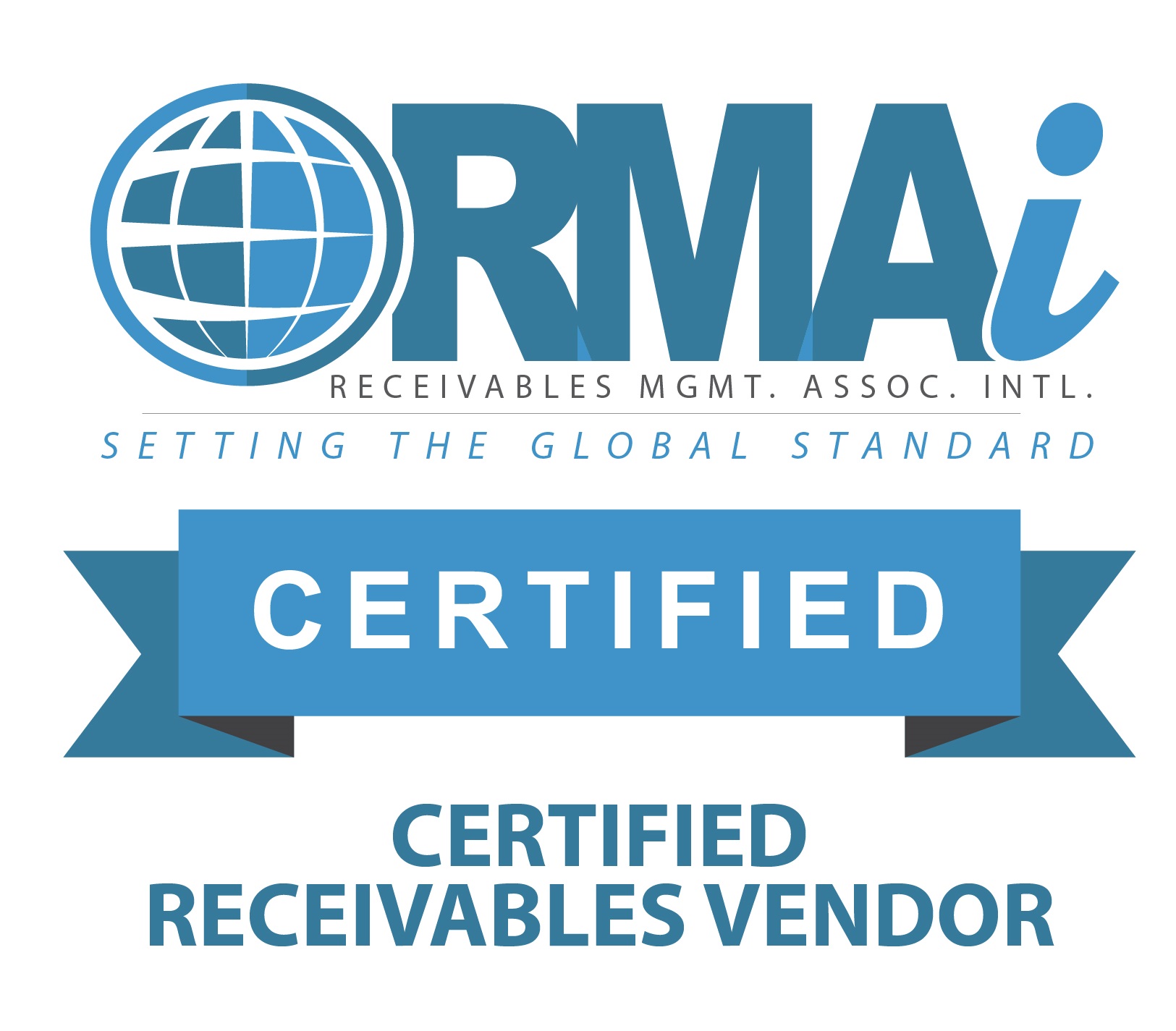View Sale Announcement Detail


Archived news
The legal fees plaguing major banks continue to climb higher, and nobody knows when these financial institutions will get past these challenges.
Even though banks have shelled out billions to settle inquiries involving troubled mortgages, they have been increasing their legal reserves as they encounter a new barrage of probes directed at matters including subprime auto lending and currency trading, according to American Banker.
At the end of the third quarter, some banks reported a significant increase in their legal exposure when compared to the prior month, and more than a dozen banks indicated they could lose billions as a result of legal liabilities, the media outlet reported.
Banks pay $4.3 billion for currency rigging
While these potential losses may seem significant, the recent multibillion-dollar settlement that some major banks worked out with regulators might be even more notable.
Six of the biggest banks recently announced they will pay $4.3 billion to several regulators to settle an inquiry involving the manipulation of key foreign-exchange benchmarks, according to Bloomberg.
Authorities launched the probe in response to claims that dealers working for some of the largest banks colluded to rig benchmarks that dictate what fund managers pay for specific currencies, the media outlet reported. Once this investigation concludes, individuals and banks could suffer more legal challenges and penalties.
"Many will see this as drawing a line under this sad episode," Tim Dawson, who works for Helvea SA in Geneva as an analyst and covers financial firms, told the news source. "We are less optimistic," he continued. The banks are "likely to face a heavy burden of potential litigation in coming years."
Cost management challenges
At the same time that banks are seeing their legal fees and risk exposures mount, investors are pressuring them to reign in their expenses, according to American Banker. Legal difficulties are interfering with reaching these goals, and banks are stuck between a rock and a hard place since litigation will increase their costs whether they decide to settle or proceed in court.
Many banks have decided to give in and pay the fines, since protracted legal battles could harm their reputation, John James, a business professor at Pace University, told the news source. As these expenses pile up, some banks have been reporting that pending legal challenges will not have a significant impact on their financial results. However, others have painted a different picture.
Regulatory concerns
Regardless of whether they anticipate hefty legal fees going forward, banks will still need to worry about the costs associated with regulation and compliance. Banks are coping with a litany of reforms - including Basel III and the Dodd-Frank Act - that could crimp their balance sheets in the coming years.
Many believe that Basel III will drive up costs by obligating banks to hold more and better capital. Dodd-Frank Act has stepped up the compliance procedures that banks must face, and has also impacted trading revenue through the enactment of the Volcker rule.
One bank official in particular who noted the need to continually focus on compliance matters was Michael Corbat, chief executive at Citigroup, according to American Banker. He emphasized that while his company's efforts to slash costs have been effective, the firm still needs to put substantial effort into ensuring proper regulation and compliance.
The company has been actively managing its legal exposure amount, as it responded to the trading inquiry by adding $600 million to its legal provisions during the third quarter, the media outlet reported. This was due to the major financial services institution's several pending cases. Citigroup reported in its third-quarter Form 10-Q that its maximum risk exposure tied to legal fees - if the current provisions are exhausted - totals $5 billion, the same as the previous quarter.
Several other banks recently reported increases in their legal liability, according to the news source. SunTrust recently revealed its maximum liability has surged 50 percent to $300 million. The bank reported several pending legal issues in its 10-Q, but did not outline any direct relationship between these difficulties and rising legal exposures.
Loan portfolio considerations
Banks that want to help shore up their financial position amid the current environment have many techniques they can leverage to do so. One approach involves selling loan portfolios, which are trading at high values currently. Banks that are thinking about using this strategy might consider working with Garnet Capital Advisors, which has significant experience in these transactions.







